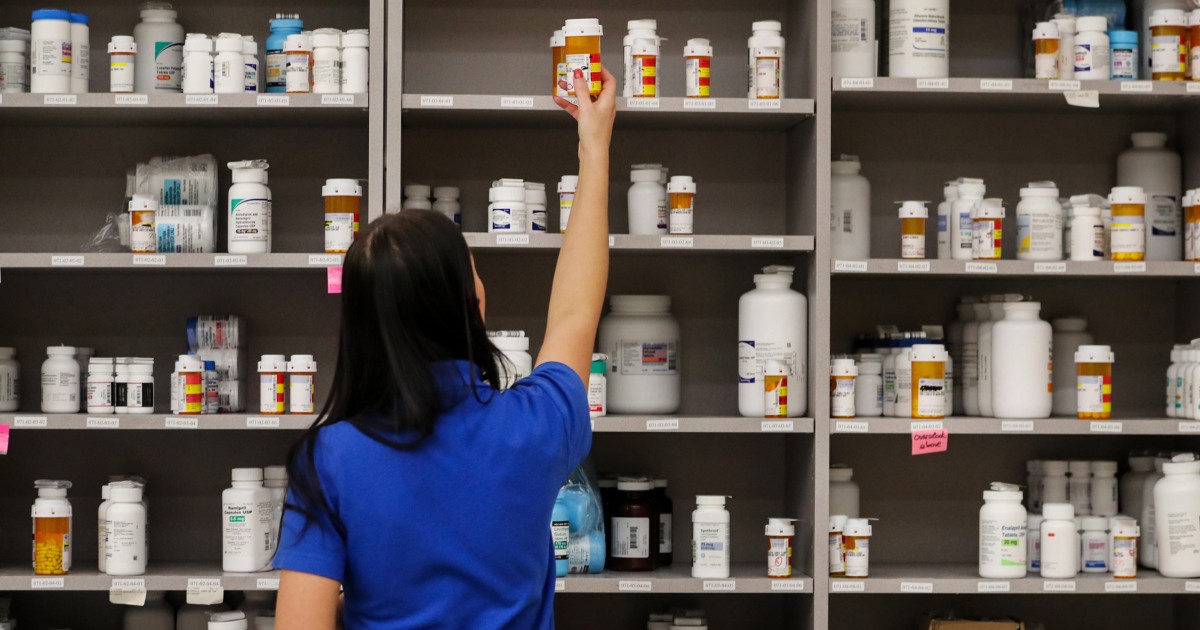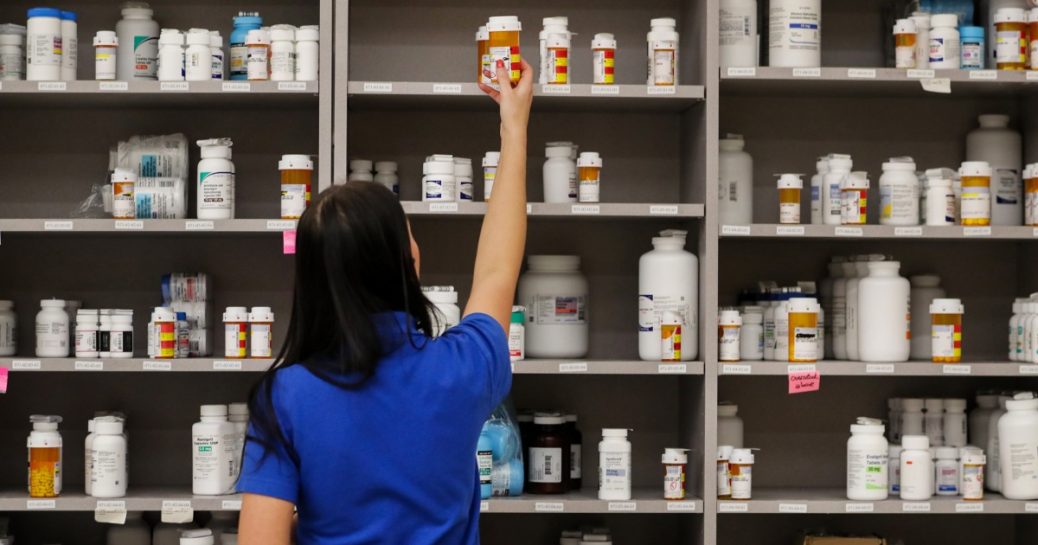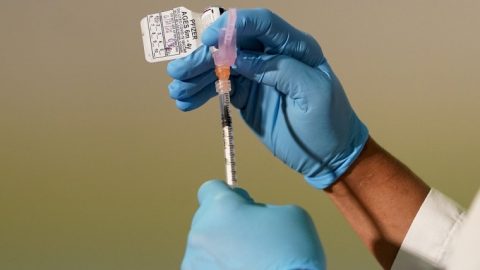
The Centers for Medicare and Medicaid Services on Tuesday announced the first 10 prescription drugs that will be subject to Medicare price negotiations under the Inflation Reduction Act, a critical step in the Biden administration’s attempt to drive down the high cost of prescription drugs for older people.
Medicare provides health insurance coverage to 65 million people in the United States, according to KFF, a nonpartisan group that studies health policy issues. While the program wields enormous power over the costs of other aspects of medical care, dictating how much doctors and hospitals can be paid for medical services, it has been barred from negotiating drug costs.
That will change next year, when Medicare for the first time will be able to directly haggle with drugmakers over prices for the costliest medications. The negotiated prices will go into effect in 2026.
The drugs selected to undergo negotiations are:
- Eliquis, a blood thinner
- Xarelto, a blood thinner
- Januvia, a diabetes drug
- Jardiance, a diabetes drug
- Enbrel, a rheumatoid arthritis drug
- Imbruvica, a drug for blood cancers
- Farxiga, a drug for diabetes, heart failure and chronic kidney disease
- Entresto, a heart failure drug
- Stelara, a drug for psoriasis and Crohn’s disease
- Fiasp and NovoLog, for diabetes
Together, the 10 drugs selected accounted for $50.5 billion, or 20%, of Medicare Part D spending from June 1, 2022, to May 31, according to the CMS.
Drugs covered under Medicare Part D are taken at home, as opposed to medications covered under Part B, which are administered by providers in facilities, such as chemotherapy drugs. The negotiation process at this time applies to Part D drugs that don’t have generic or other comparable alternatives.
The conditions the drugs treat are quite prevalent among the Medicare population, CMS officials said on a press call Tuesday.
Nearly 1 in 10 have heart conditions that put them at risk of blood clots; about 28% have diabetes; about 27% have coronary heart disease; about 15% have heart failure and about 1 in 4 have chronic kidney disease.
In total, Medicare recipients spent $3.4 billion out of pocket for these drugs in 2022, with average out-of-pocket spending for the most expensive drugs as high as $6,497 per enrollee.
“While pharmaceutical companies made record profits and spent hundreds of millions of dollars year after year, millions of Americans were forced to choose between paying for medications they needed to live or paying for basic necessities,” Christen Linke Young, deputy assistant to the president for health and veteran affairs, said on the call.
The negotiations could also save money for taxpayers: A study published in JAMA Health Forum in January found that allowing Medicare to negotiate prices will likely save the U.S. billions of dollars.
Drugmakers push back
Drugmakers will have 30 days to sign an agreement to participate in the negotiations, or they may face tax penalties. The tax could be lifted if a drugmaker chooses to pull its drug from the Medicare program entirely. Doing so, however, would cut the company off from a huge share of the market.
When asked whether it planned to negotiate, a spokesperson for Bristol Myers Squibb, the maker of Eliquis, told NBC News, “We have no choice.”
“If we did not sign, we’d be required to pay impossibly high penalties unless we withdraw all of our medicines from Medicare and Medicaid,” a spokesperson said. “That is not a real choice and we would never do that to patients.”
NBC News reached out to all the drug companies impacted by the negotiation list.
The negotiation provision has sparked legal action from major drug companies, including Johnson & Johnson, Merck and Bristol Myers Squibb, claiming it would reduce spending in research and development, leading to fewer breakthroughs for lifesaving treatments.
“Today’s announcement is the result of a rushed process focused on short-term political gain rather than what is best for patients,” Stephen Ubl, president and CEO of the Pharmaceutical Research and Manufacturers of America, a group that represents the drug industry, said in a statement. “Politics should not dictate which treatments and cures are worth developing and who should get access to them.”
Lowering costs for patients
Other experts, however, stress the importance of lowering out-of-pocket costs older people see at the pharmacy.
“Some of these drugs can be a lifeline for people with serious conditions, but only if they can afford to fill their prescriptions,” said Tricia Neuman, a Medicare expert with KFF.
Tuesday’s list is merely a starting point.
In 2027, negotiated prices will go into effect for 15 more drugs, followed by another 15 drugs in 2028 and 20 more in each subsequent year.
Stacie Dusetzina, a health policy professor at Vanderbilt University in Nashville, Tennessee, said that the drugs selected by Medicare “totally make sense.”
“By and large, the list looks similar to what many people were expecting with a lot of drugs used for chronic disease making the list,” she said.
The negotiation process is poised to significantly impact patients, particularly those who use cancer drugs, which often don’t see discounts and have mandatory inclusion of insurance plans, she said.
Dusetzina added that patients who don’t find their prescribed drugs on the list shouldn’t be disheartened. Medicare is likely to channel those funds towards enhancing the program’s benefits, she said, including reducing premiums and limiting out-of-pocket expenses.
Lawrence Gostin, director of the O’Neill Institute for National and Global Health Law at Georgetown University, said it’s important to note that these negotiations are cumulative, meaning many more drugs will appear on the list within a few years.
“This is just the first 10,” Gostin said. “There are many more shoes to drop.”
That’s if, he added, the drug companies are not successful in their lawsuits against the Inflation Reduction Act.
“I think the claims that they are making are without merit,” Gostin said. “But I think the pharmaceutical industry are going to pay whatever it takes in lobbying, paying legal bills and legal challenges that they can to save their most valuable products.”
Follow NBC HEALTH on Twitter & Facebook.










Recent Comments